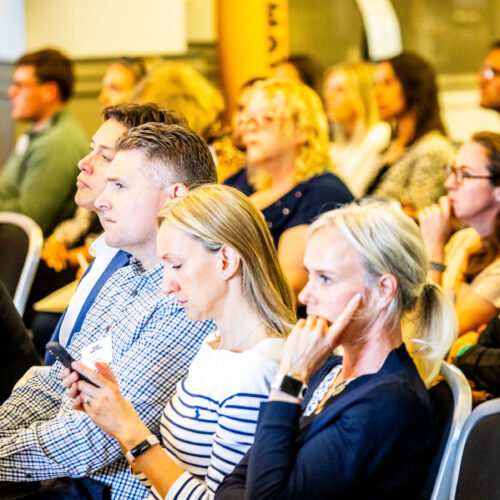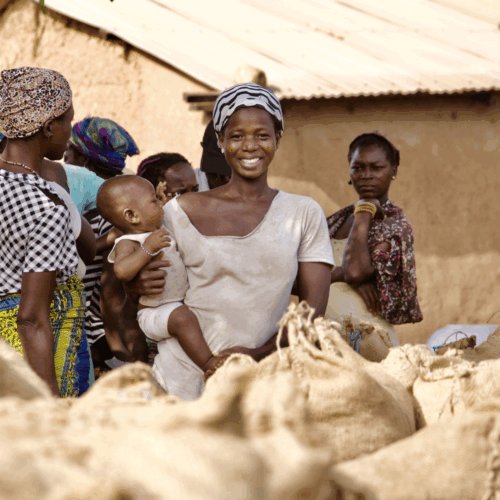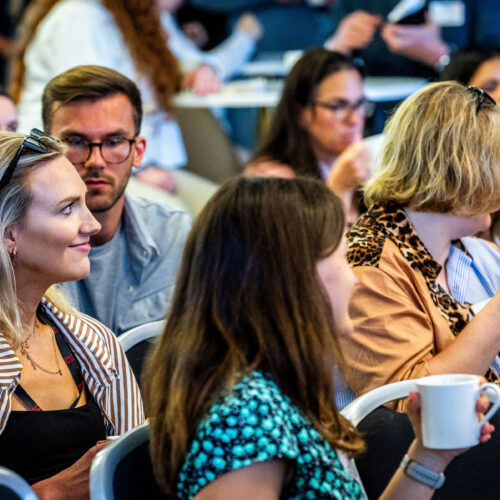When it comes to food research, there are few places playing a bigger role than Wageningen University and Research.
It has been the beating heart of Dutch agricultural innovation for nearly 150 years, helping the country’s food industry become the envy of the world since opening as an agricultural college in 1876.
Today, the university is still leading the way in a country with an incredibly entrepreneurial food sector.
Whether it is alternative proteins, sustainability, or innovative production processes, the Dutch are forging ahead.
In this episode of the Food Matters Live podcast, we try to understand what is behind Wageningen’s success, and how it hopes to maintain its place at the forefront of food innovation.
And we look in particular at its projects on the future of proteins, part of a drive to make the Netherlands more sustainable.
Luisa Trindade, Professor of Bioresources Breeding and Genetics, Wageningen University and Research
The overall theme of Professor Trindade research is on the genetics and breeding of (new) crops that are better suited for a Circular and Biobased Economy.
Specific areas of her interest include designing plants for whole biomass use. She is particularly interested in the efficiency and sustainability of plant bioresources in a production chain contest.
Her research focuses on developing tools to breed for plants that are efficient in the use of (natural) resources and produce high biomass yields with the right properties for different products, both food and non-food applications.
Luisa has co-authored over 70 peer-reviewed publications, mostly in Q1 Journals. She is member and/or advisor of the Editorial board of different journals, including GCB Bioenergy, Bioenergy Research and Frontiers in Plant Science.
She has co-ordinated several national and international consortia. Currently she is participating in three EU consortia aiming to develop new crops for Europe: new protein crops (LIBBIO), new/better fibre crops (GRACE) and different crops for marginal lands (MAGIC).
Professor Trindade is often advisor of both public and private organisations, national and international, on different issues related to breeding of (new) crops.







